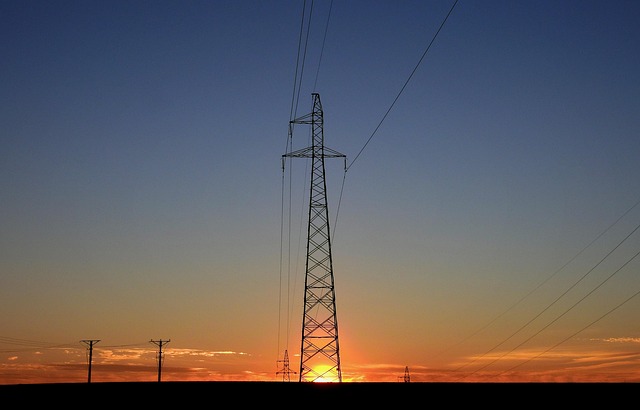As we stand on the brink of a new era, the concept of electrification emerges not merely as a technological shift but as a beacon of hope for our planet. The repercussions of climate change are more visible than ever, pushing the global community to rethink how we harness energy. At its core, electrification refers to the transition from fossil fuels to electric power in our daily lives, from transportation to home heating, and its impact resonates profoundly in terms of emissions and environmental sustainability.
The need for this transition is clear. Electricity, especially when sourced from renewable resources like solar, wind, and hydropower, has the potential to significantly reduce greenhouse gas emissions. The burning of fossil fuels for transportation and energy generation has been the primary driver of climate change, releasing pollutants that harm our environment. By shifting to electrification, we propel ourselves towards a cleaner, more sustainable future devoid of toxic by-products. Imagine a world where our cars, homes, and industries are powered by clean electricity—free from emissions that suffocate our atmosphere.
Electrification doesn’t just mitigate emissions; it fosters environmental rejuvenation. Cleaner air, less water pollution, and the revitalization of natural ecosystems are all achievable goals made possible by embracing electric alternatives. Picture urban spaces filled with electric buses and bicycles, reducing noise and air pollution, creating healthy environments for citizens. This is not just a dream but a pressing necessity that our cities should strive toward.
As we integrate electrification into our infrastructure, we must remain vigilant about the sources of our electricity. The challenge lies in maximizing our reliance on renewable energy while decreasing the usage of harmful fossil fuels. Policy initiatives and community engagement play a crucial role here, encouraging investments in innovative technologies that enhance our grid’s efficiency and sustainability.
Moreover, electrification contributes significantly to climate resilience. As global temperatures rise and extreme weather events become more frequent, the demand for a robust energy system that can adapt and respond is paramount. With electrification, we have an opportunity to create a flexible energy grid capable of absorbing fluctuations in demand and integrating diverse energy sources. This adaptability is essential for mitigating the impacts of climate change as we navigate an uncertain future.
Individuals can also be a part of this electrification revolution. Transitioning to electric vehicles, supporting local renewable energy projects, and advocating for sustainable policies can have a transformative effect. Every small action contributes to a larger movement towards a sustainable future, one where our actions align with the health of our planet.
Ultimately, the path to achieve our emissions reduction goals hinges on embracing electrification as a fundamental strategy to combat climate change. Each step we take towards this transition is a step toward healing our environment, protecting our ecosystems, and ensuring a livable planet for generations to come.



